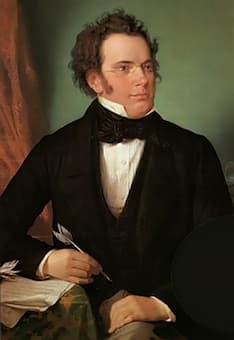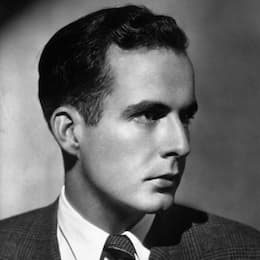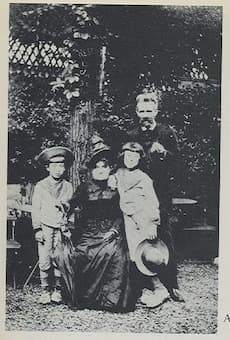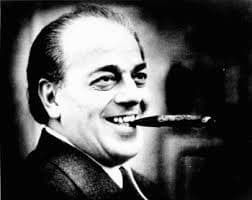In 1774 the poet Matthias Claudius (1740-1815) published a short poem titled “Death and the Maiden.” The poem is designed as a dialogue, contrasting a young woman’s fear with the reassurance of death. Claudius creates opposites and connections between the
On This Day
I really don’t know how to talk about one without the other, as many consider Katia and Marielle Labèque, “the best and closest piano duo in front of an audience today.” The Labèque sisters are tremendous, exclaims American composer Philip
While pianists Yuja Wang and Lang Lang have undoubtedly achieved mass-market appeal, Igor Levit has, at least in German-speaking countries, become a political figure and social advocate. He is not only considered one of the best pianists of the century,
Samuel Osmond Barber, born in West Chester, Pennsylvania, on 9 March 1910, went on to become one of the most celebrated, honored and most frequently performed American composer of the 20th century. A critic writes, “Probably no other American composer
Tenor Mark Padmore, born in London on 8 March 1961, came of age singing in choirs oriented toward Renaissance and Baroque music, and as a soloist he specialized in Baroque opera and choral music. Padmore grew up in Canterbury, and
Maurice Ravel was born on 7 March 1875 in the Basque town Ciboure, Basses-Pyrénées located in France, situated close to the Spanish border near Biarritz. It was the village where his Basque mother, Marie Ravel, née Delouart, was born and
Marie Duplessis (1824-1847) was one of the most famous and sought-after French courtesans of her time. Born on 15 January 1824, her father wasn’t a particularly pleasant man, and early on sold his daughter to a variety of men. It
Heitor Villa-Lobos (1887-1959) has been described as “the single most significant creative figure in 20th century Brazilian art music.” His quest to develop musical compositions using indigenous Brazilian elements fueled a number of ethno-musicological excursions into the northeastern states of








